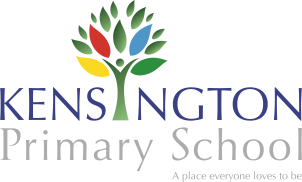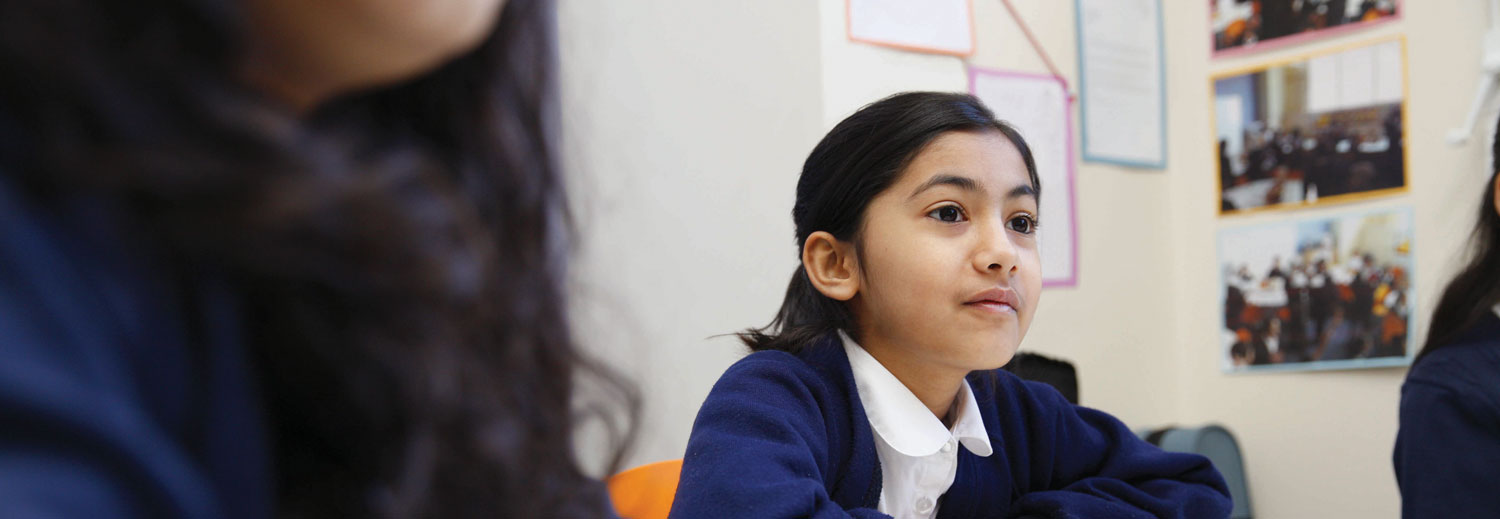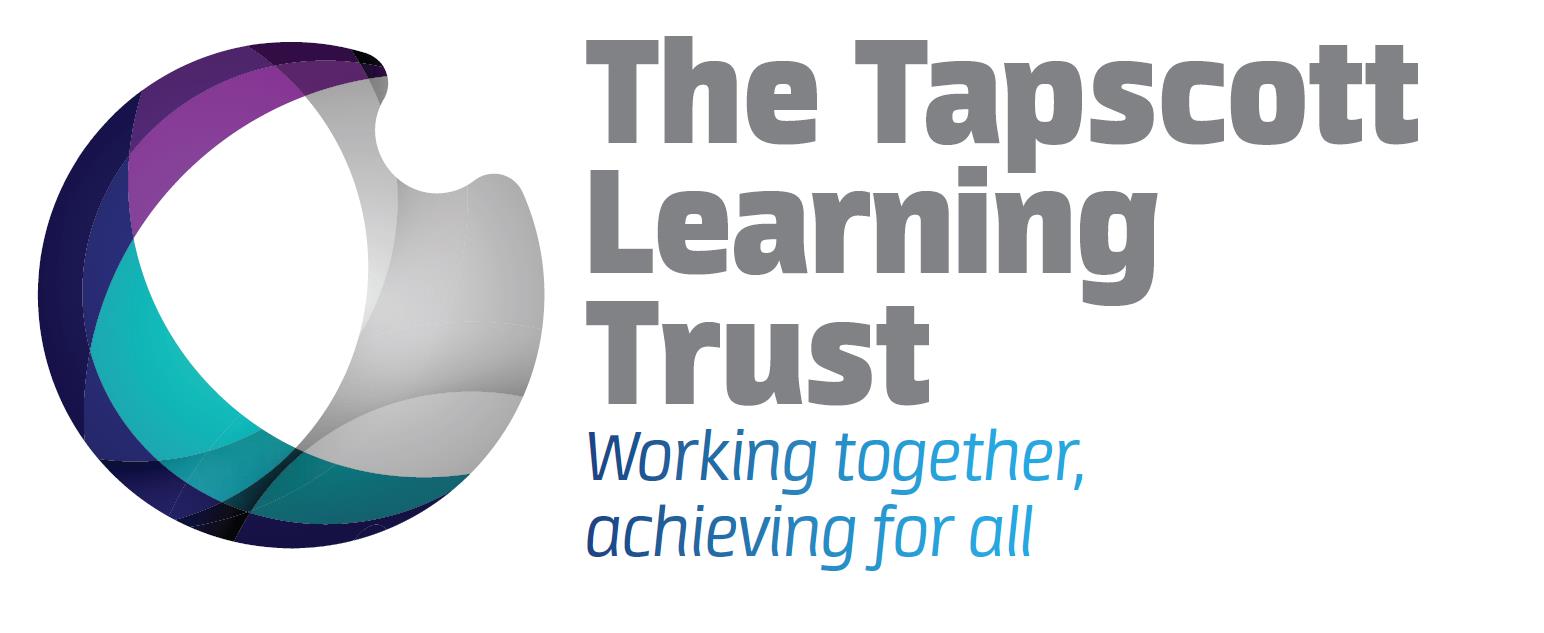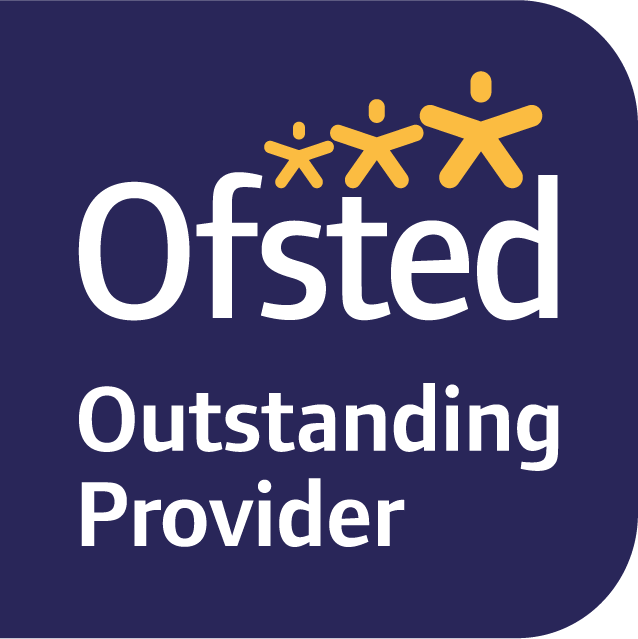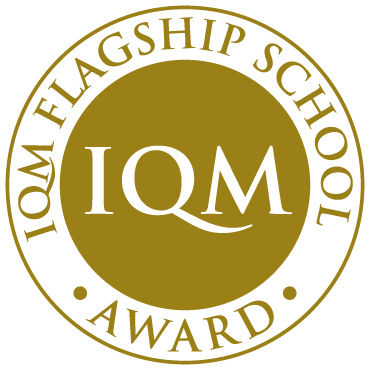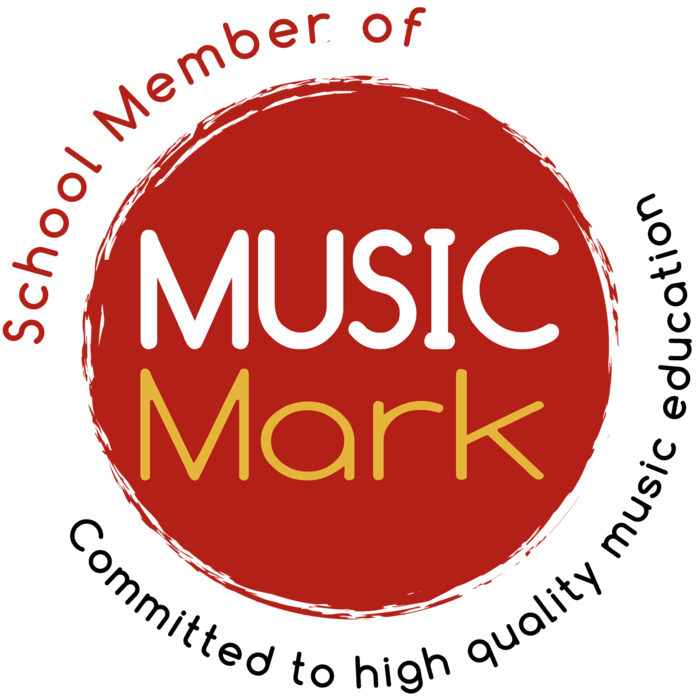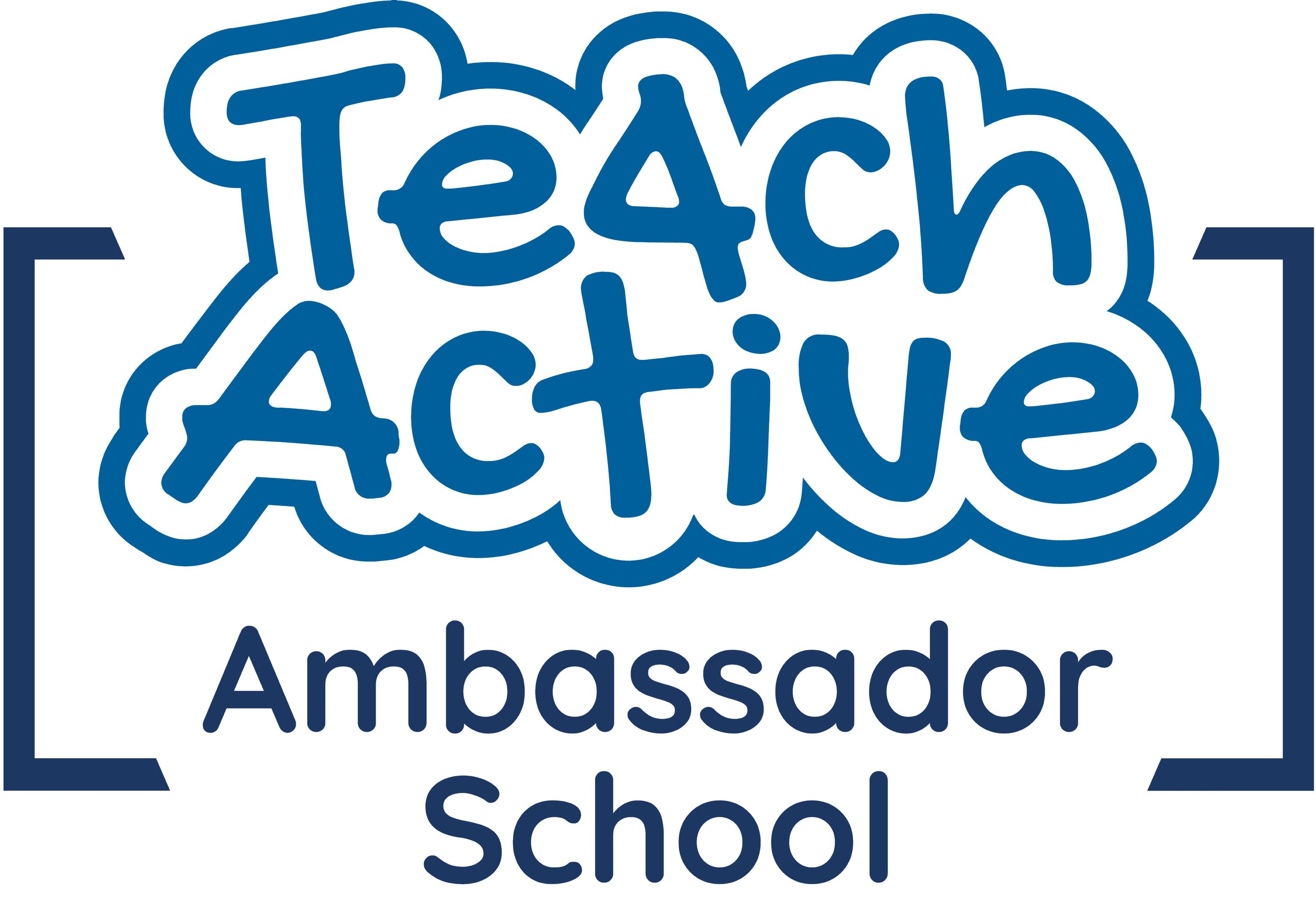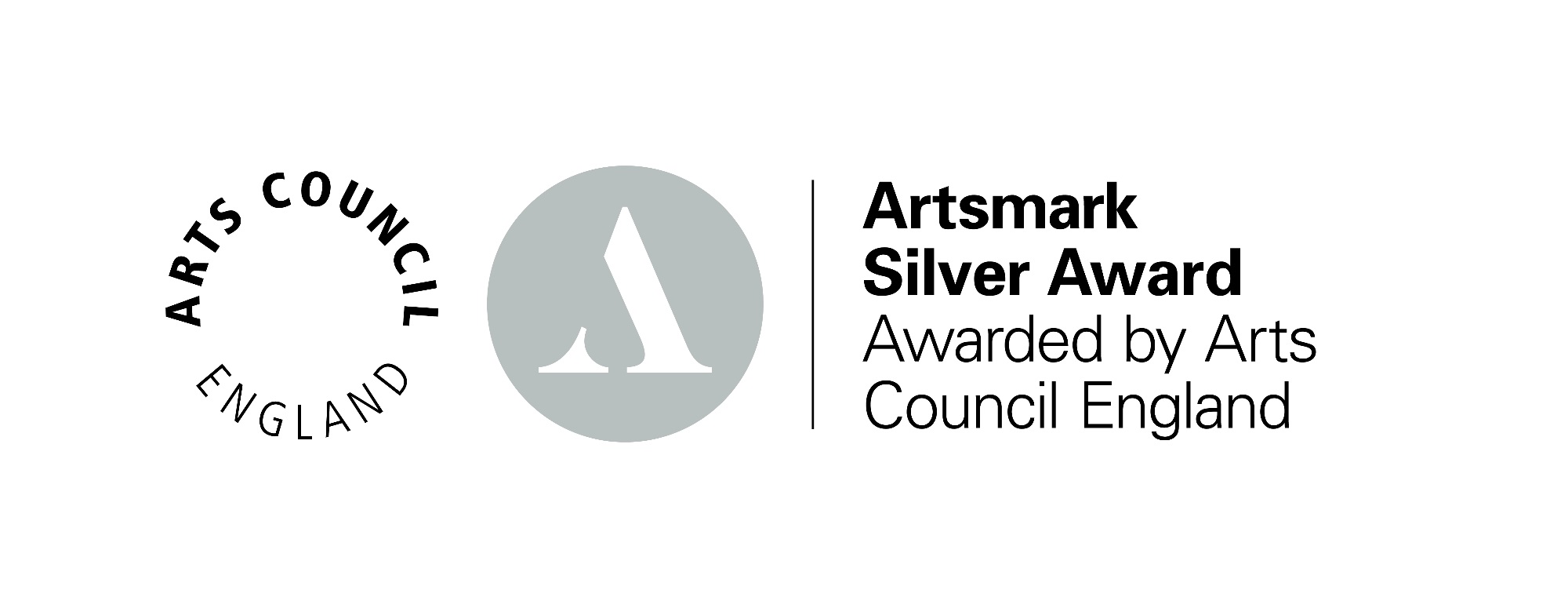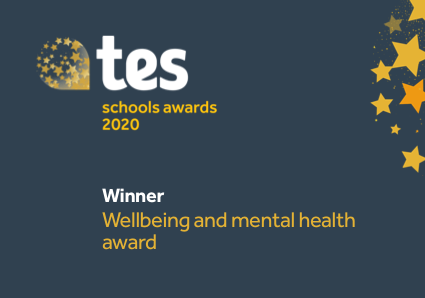Promoting First Languages
Kensington Primary’s ‘Promoting First Languages’
“No child should be expected to cast off the language and culture of home as s/he crosses the school threshold.” (Bullock Report – A Language for Life – 1975)
Why are we promoting first languages?
Promoting first languages at Kensington Primary has multiple benefits for our children and the community. By welcoming a child’s first language, or ‘home language’, we acknowledge that multilingualism is an asset to our school. We have more than forty languages spoken by our children and this is rapidly increasing. Most of our children grow up in multilingual households and interact with speakers of different languages. Multilingualism is a strength. Not only does speaking more than one language keep our brains healthy as we age, but it has multiple benefits for children, such as giving them an academic advantage and improving their employment prospects once they leave school. Moreover, multilingualism gives us access to more than one culture and improves our understanding of our own cultures. Through sharing and learning about other languages we hope to give our children the tools needed to succeed in the wider world. We are working with a range of partners to draw on expertise from across the sector.
Promoting first languages improves learning
When learners use their home language to learn another language, their understanding and performance is likely to improve. Being able to move between two languages lessens the cognitive load (the brain having to do too many tasks at once) and lets learners explain what they know and can do. Having children understand how languages interact and change will provide them with a linguistic repertoire, enabling them to acquire another language at secondary school. “Languages are interconnected and can be used to access additional languages, or additional content” (Garcia 2009)
Involves the learners identity
“The use of the first language does much to maintain confidence and self-esteem because it is a signal that the classroom includes the child. It says: ‘We accept your language and – by implication – your family, your ethnicity and your culture.’” (Learning to Learn in a Second Language: Pauline Gibbons)
It has long been recognised that one of the key characteristics of high-quality teaching is the ability of teachers to engage students’ prior understandings and experiences and background knowledge. This prior knowledge is encoded in their home languages, and therefore it is vital that teachers facilitate the transfer of both concepts and skills from students’ home languages to English. This view of language is supported by Luis Moll’s notion of Funds of knowledge (1992), this refers to the pupils' wealth of cultural knowledge that exists in their household and community. When a teacher taps into this type of knowledge by building relationships with their students and their communities, they allow for meaningful learning opportunities. Teaching that taps into multilingual ways of reading, writing and speaking, allowing students to access the cultural resources that enhance the personal significance of their class work, as well as expanding access to knowledge through texts in more than one language.
Making space for only one language sends a message that ‘there is no space here for you’. In our experience we feel that when children feel their home language is respected, they are more willing to participate in the classroom.
The researcher Jim Cummins and his colleagues have argued that ‘English language learners will engage academically to the extent that instruction affirms their identities and enables them to invest their identities in learning.’
Promoting first languages at Kensington
We are continuing to develop how we can best promote first languages at Kensington based on our research and our work with our partners. Below is a sample of what we are currently doing. If this is an area of focus for your school or organisation, we would love to discuss what you are doing and any ideas that you have.
Around School
- Use of the PTA and volunteer parents to help support with translation when needed.
- After school clubs in first languages
- Use whole school celebrations and performances as a platform to translate key messages to families.
- Bringing in guest speakers from the community to inspire our children.
In the classroom
- Use of translators with bilingual dictionaries, Google Translate or Say hi translate app.
- Parents and bilingual adults in school to read stories in L1 and support with oral translations.
- Set homework for learners to discuss learning at home in L1 with parents. Learners get a fuller understanding of the topic and develop the vocabulary in their home language. Parents need to try and promote academic development of their child’s home language.
- Pair pupils (New to English- Early Acquisition) by home language so they can discuss the topic in their home language to deepen their understanding.
- The use of translanguaging by pupils. Encourage students to translate new vocabulary in class to help develop their understanding. (Write, translate and put into a sentence)
- For fast vocabulary learning, provide learners with flashcards (and useful ways to use them), populated by themselves in English and their home language.
- Learners can share work completed in their home language with other learners, with parents or with the class in both languages. Promote and display work completed in L1.
- Ask learners to compare specific language structures to their mother tongue and identify the differences (KS2). These differences help them to be more aware of how both languages are formed and use both more accurately.
References
Promoting Multilingual approaches in teaching and learning (2019- S.Ollerhead & K.Taylor-Leech)
British Council-Seven reasons for teachers to welcome home languages in Education (2018-K.Dixon)
http://www.betterbilingual.co.uk/2018/03/16/benefits-of-using-first-language-to-support-learning
